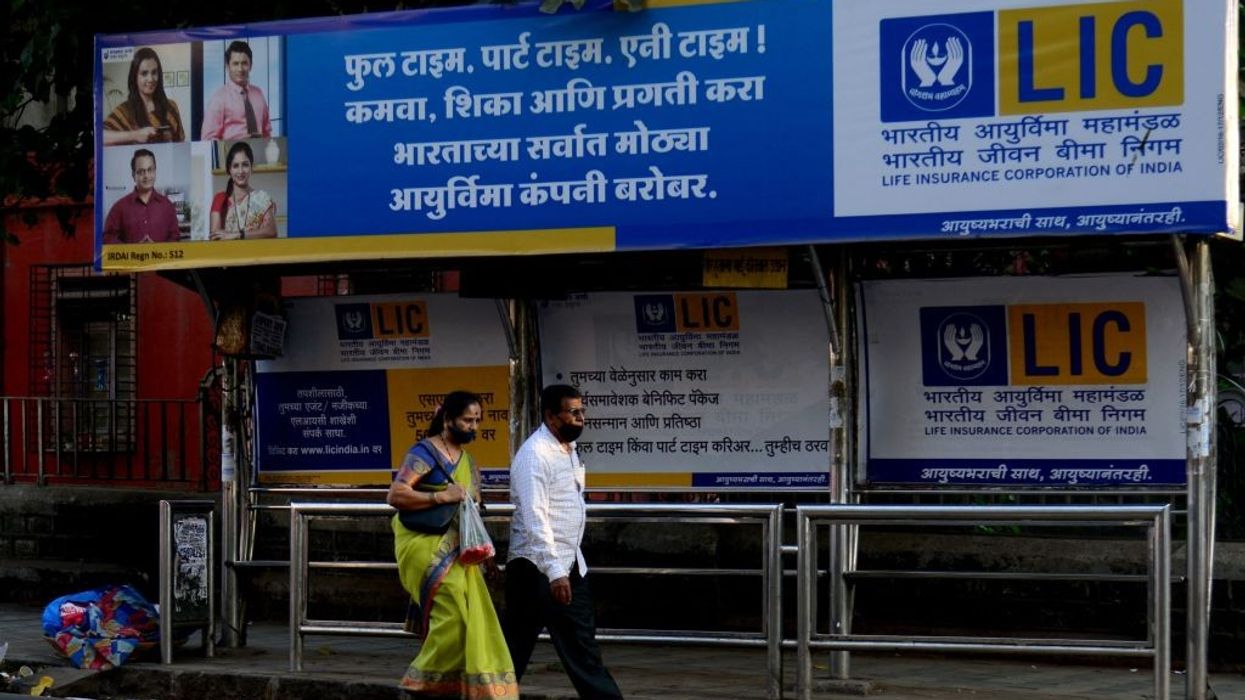INDIA on Saturday (26) permitted up to 20 per cent foreign direct investment (FDI) under automatic route in the IPO-bound Life Insurance Corporation (LIC) to facilitate disinvestment of the country's largest insurer, sources said.
The decision was taken by the Cabinet, chaired by prime minister Narendra Modi.
The government has approved the listing of shares of LIC on stock exchanges with a part-sale of its stake in the insurer and raising fresh equity capital.
Foreign investors may be desirous of participating in the mega IPO. However, the existing FDI policy did not prescribe any specific provision for foreign investment in LIC, which is a statutory corporation established under the LIC Act, 1956.
Since as per the present FDI policy, the foreign inflows ceiling for public sector banks is 20 per cent under government approval route, it has been decided to allow foreign investment of up to 20 per cent for LIC and such other corporate bodies.
To expedite the capital raising process, such FDI has been kept under the automatic route, as in the case of the rest of the insurance sector, one of the sources said.
Setting the stage for the country's biggest-ever public offering, LIC on February 13 filed draft papers with capital market regulator SEBI for the sale of five per cent stake by the government for an estimated Rs 630 billion (£6.3 bn).
The initial public offering (IPO) of over 316 million shares or five per cent government stake is likely in March. Employees and policyholders of the insurance behemoth would get a discount over the floor price.
According to the draft red herring prospectus (DRHP), LIC's embedded value has been pegged at about Rs 5.4 trillion (£54 bn) as of September 30, 2021, by international actuarial firm Milliman Advisors.
Although the DRHP does not disclose the market valuation of LIC, as per industry standards, it would be about three times the embedded value or around Rs 16 trillion (£160 bn).
The LIC public issue is set to be the biggest IPO in the history of the Indian stock market.
(PTI)
India allows up to 20 per cent FDI in LIC: Sources




